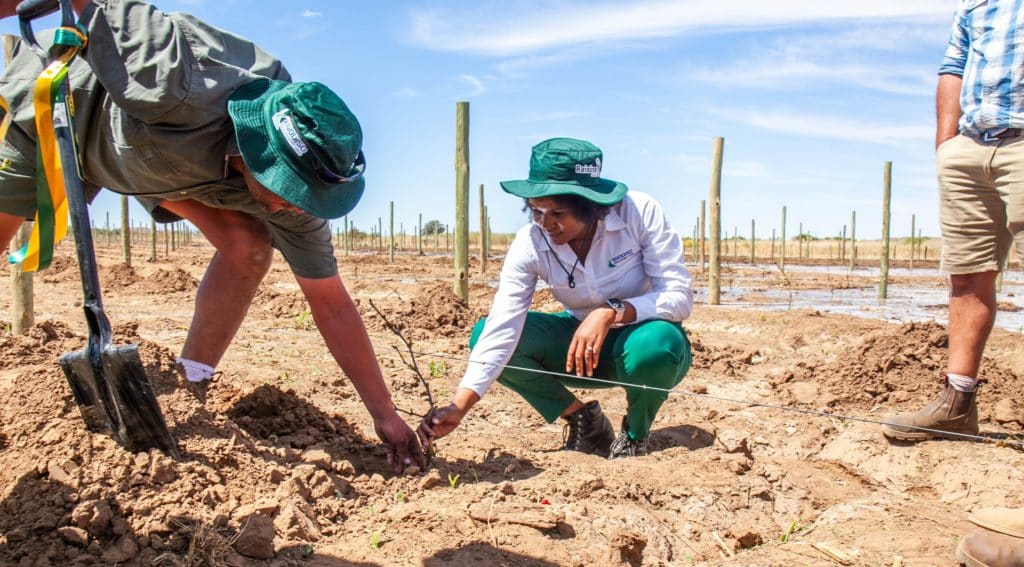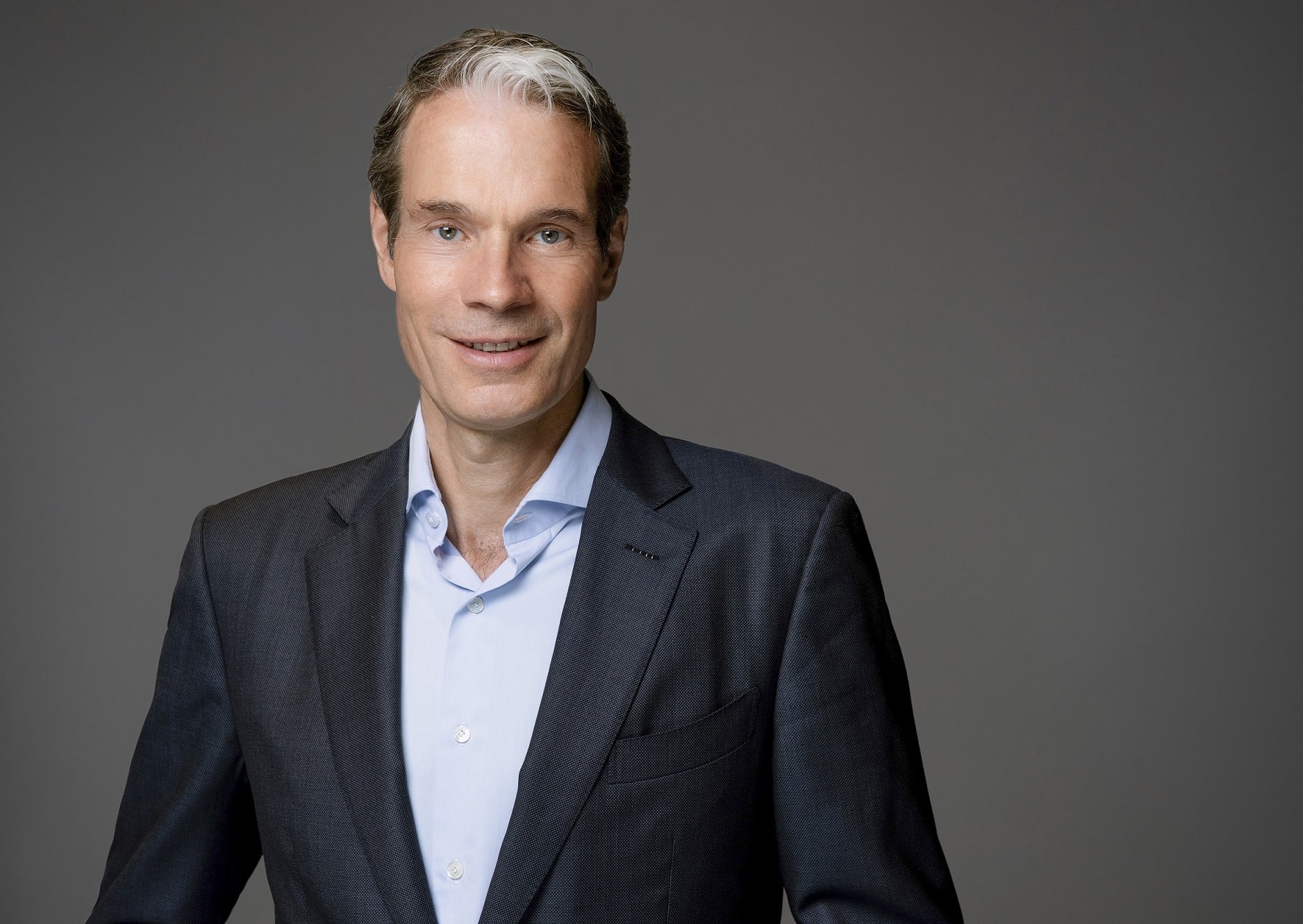In anticipation of COP28 – the United National Climate Change Conference – which takes place later this month, we speak to food and beverage conglomerate, PepsiCo about the significance of the conference, and how the company is tackling its climate change goals.
Multinationals worldwide have begun the process of reviewing their business and operational strategies in order to meet their net zero goals.
With COP28 set to take place in Dubai, United Arab Emirates, from November 30 – December 12, FORBES AFRICA speaks to Eugene Willemsen, CEO for PepsiCo AMESA (Africa, Middle East and South Asia) about the company’s agricultural strategies, its focus on renewable energy and growth prospects on the continent.
Q. In terms of COP28 and PepsiCo, what’s the premise behind this? What are your plans for the upcoming conference?
A. COP28 is a crucial event for not just PepsiCo, but for the world. I think everyone is seeing the impact that climate change is having on everything from food security to people being displaced, etc. At PepsiCo, we firmly believe that we have a role to play to create a more sustainable world, and I think that is also embedded in our positive vision and strategy that we rolled out a couple of years ago.
There are a few elements within that strategy that are, for us, critical. One is positive agriculture. The second is positive value chain and the third one is positive choices. As we look at COP28, in particular, the focus is going to be primarily on the first two of those pillars. Within positive agriculture, we have committed ourselves to convert the equivalent of the agricultural land that we’re using to grow our crops. We work with about 100,000 farmers across the world and we want to convert the equivalent of the land that we’re using with these farms to grow our crops to regenerative agricultural practices.
On positive value chain, this is very much in focus for COP28. A few key focus areas there – as a company, we’ve committed to become net zero, across our entire ecosystem, by 2040. If you then break that down –agriculture is, for us, one of the important drivers of our emissions. The second area that we need to work on is packaging, which is another contributor to our emissions. And there, we’ve pledged to significantly reduce the amount of virgin PET, so we will reduce that by 50% by 2030, per serving. That means that we need to establish proper recycling infrastructure, especially, in the markets that I’m responsible for, but also start including recycled PET within our packaging footprint to ensure that we create this circular economy for packaging. Within the Africa, Middle East and South Asia (AMESA) sector, we now have established the right legislative framework in most of the markets, in the sense that recycled PET is allowed to be used for food grade consumption.

We have been and are working with other stakeholders to set up and further scale up proper collection and sorting mechanisms. And also we’re working with suppliers to secure a sufficient supply of recycled PET and we have now launched, in nine markets, recycled PET with our packaging footprint. We’re now in the process of further scaling that up and adding a few other markets to the roster.
And the third one, of course, is in our manufacturing and logistics setup. There, the focus is to drive towards renewable energy. That’s going to be a big focus area for us, again, as we look at COP28, for discussions with governments and other stakeholders.
Then the last focus area for us is on water, where we’ve pledged to become net water positive, and again, making good progress on that by reducing water usage consumption as much as possible, but also leveraging our technologies to help others save on water.
Q. With the countries and the markets you’re involved in, what kind of practices are you implementing to improve the livelihoods of farmers in those areas?
A. As I said, globally, we work with about 100,000 farmers – that’s from very large scale commercial farmers, like you would have in the Midwest, to smallholder farmers in, whether it be India, whether it be the African continent. Especially in the sector that I’m responsible for, we have tremendous experience working with small-scale farmers. We have a lot of know-how in terms of how you can reduce water usage, how you optimize the use of fertilizers, the best type of fertilizers, but also how we can work with those farmers to improve their yields. We’ve deployed that across many markets in AMESA, definitely also in Egypt and South Africa, as well as in Ethiopia.
In South Africa, one of the other things that we’re doing, as part of the financials acquisition, is we have made available a development fund, which is R600 million (approx. $32.7 million) in total. [Half of that] is specifically earmarked for agriculture, and with a focus of including emerging farmers into our value chain, and helping them with tools, with skills building, and with that, hopefully, also create better livelihoods for them, for their families and for their communities. That is one of the areas that we’re very much focused on in South Africa.
Q. With your renewable energy practices, what are some of these you’ve implemented or are implementing?
A. Net zero has many different components, because we have emissions across that entire value chain, but if you specifically look at what the focus is, and when it comes to our manufacturing and logistics setup, within manufacturing, the aim there is to move to renewable energy sources. That will be through investments in solar energy, using wind energy as well, where possible.
The big unlock that we need to still see happen in many of our markets is the establishment of power purchase agreements, so that will help us generate energy through renewable sources. And when we’re not in a position to use that energy, we can put it back on the grid. When we need energy from the grid, we can take from it. That is the ‘wheeling arrangements’, as they’re called, that is not yet in full force in most of the markets in AMESA. That is a big focus area for us in the discussions with local governments.
Second – when it comes to our fleet – you’ll see us investing in electric vehicles, in order to ensure that our fleet, over time, also becomes a fleet that is not using fossil fuels anymore, but is using renewable energy as the main source, to transport our products and raw materials.
Q. Let’s talk about opportunities in Africa, and then in the AMESA region in general. What are you seeing in terms of growth and expansion?
A. It spans about 45% of the world population. It’s a very young population. There is also an opportunity for us, as we look at that growth, to create very positive impact in the communities where we operate. And that is, again, linked to some of the work that we’re doing with farming communities, because, specifically for our foods business, we need to source crops, and we largely want to source those crops locally. The region as such, I think, offers a lot of opportunity for growth.
